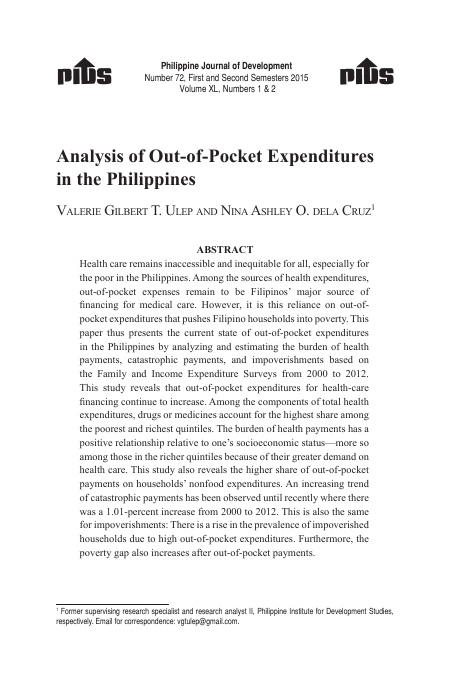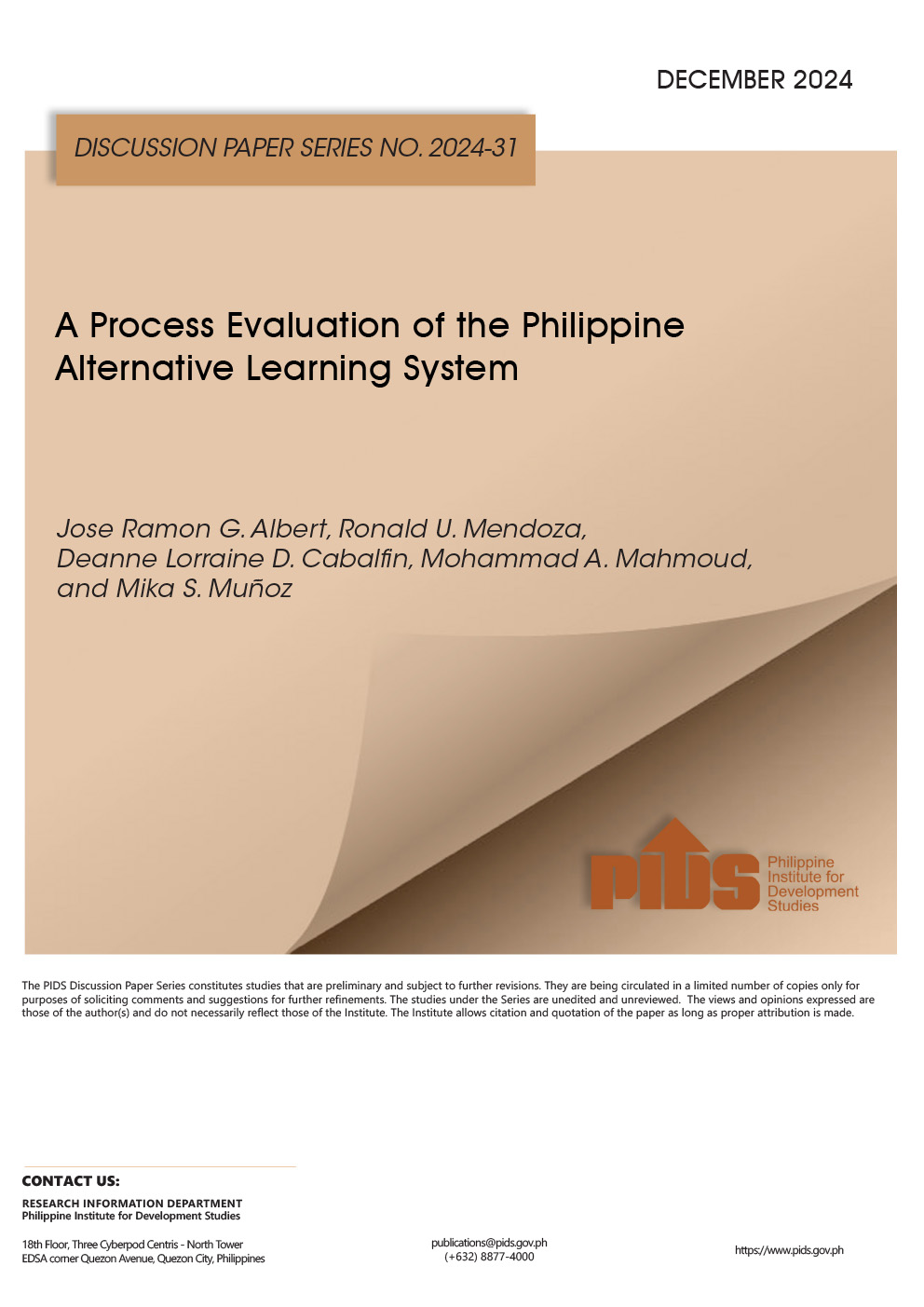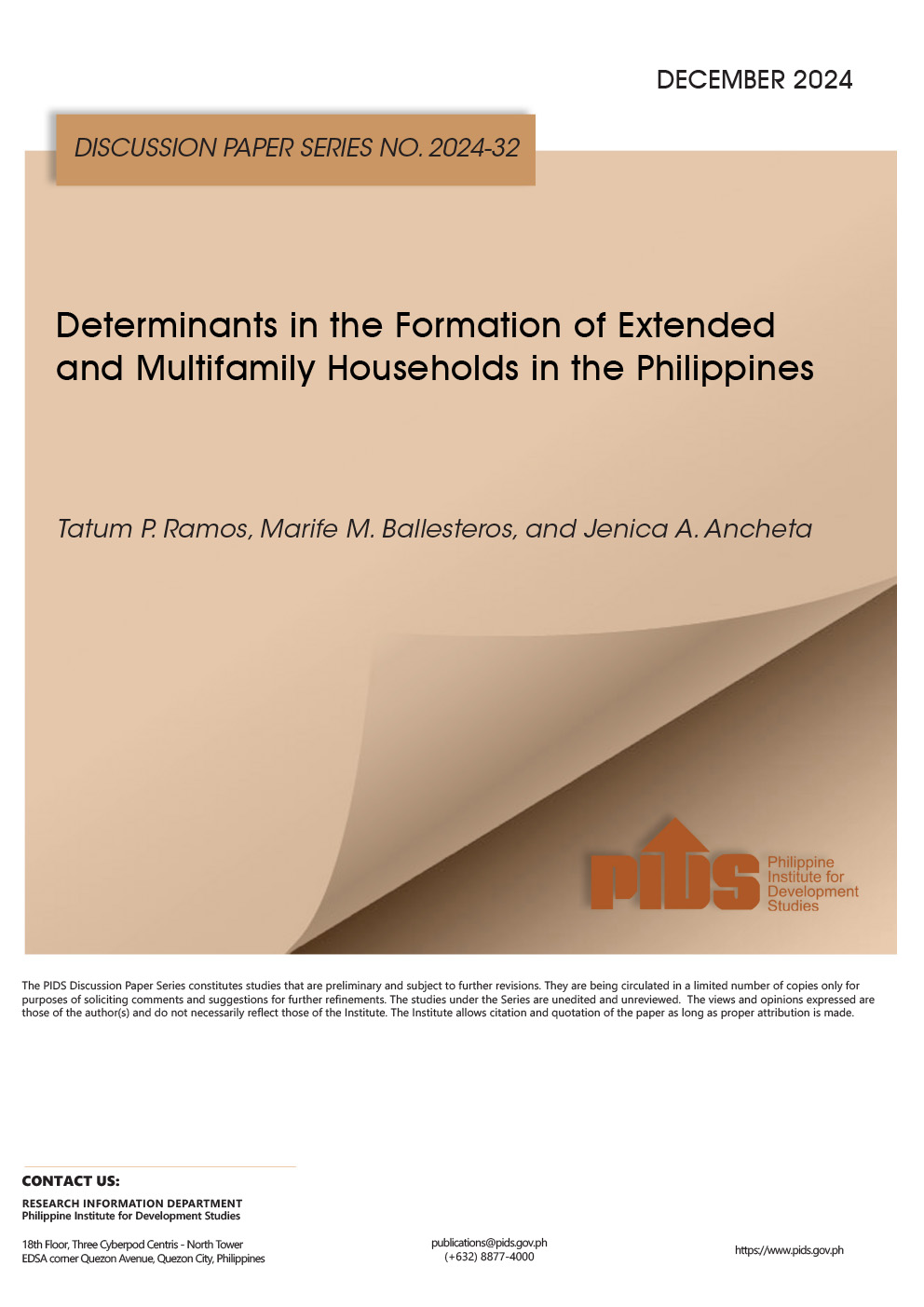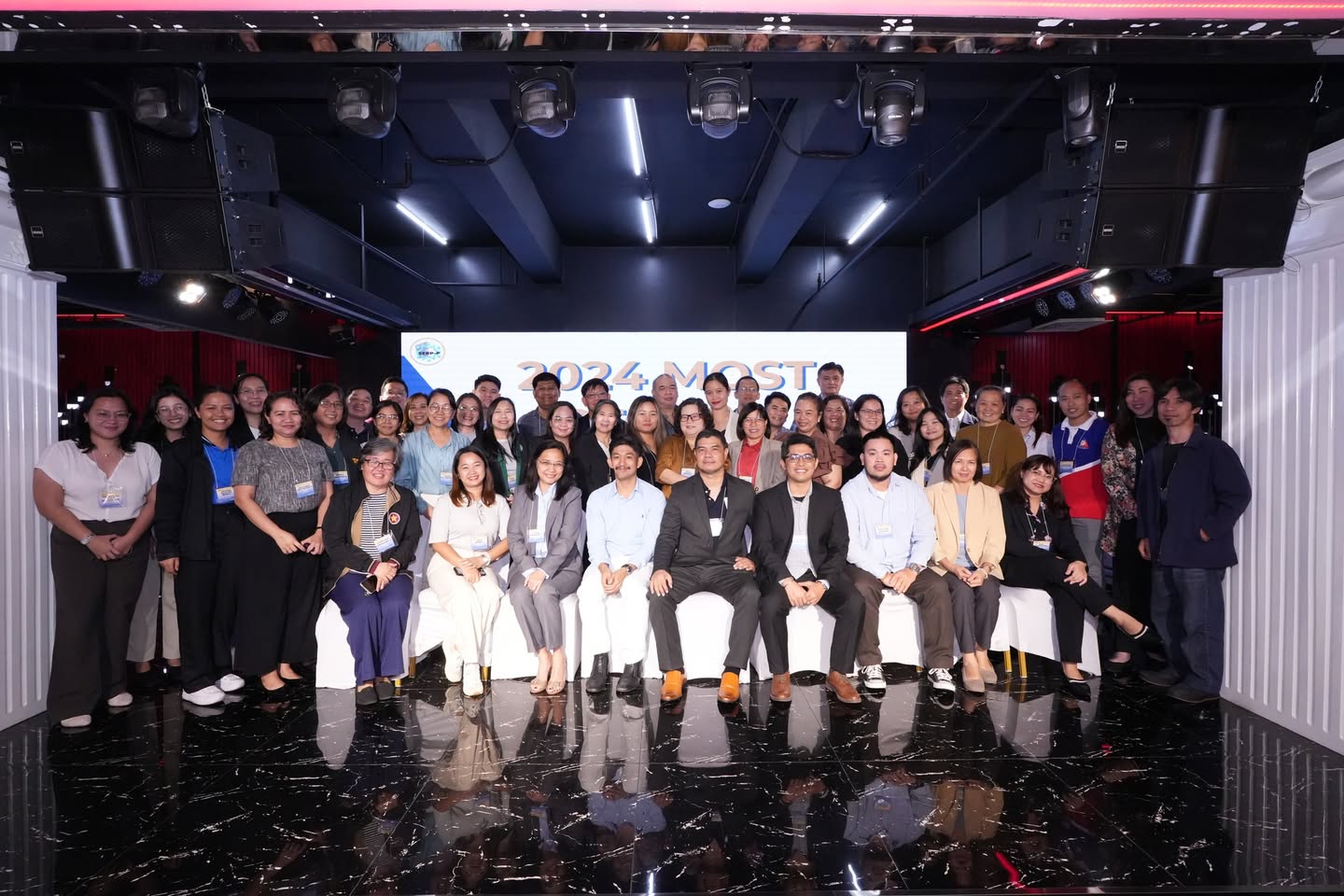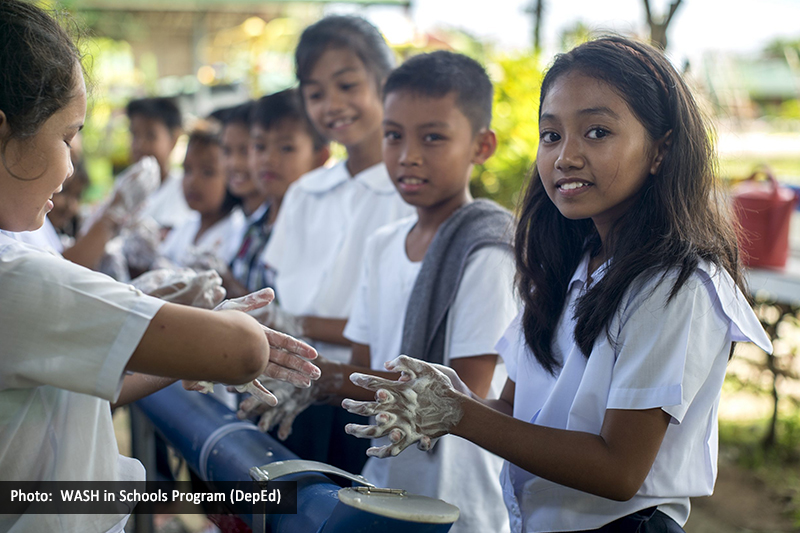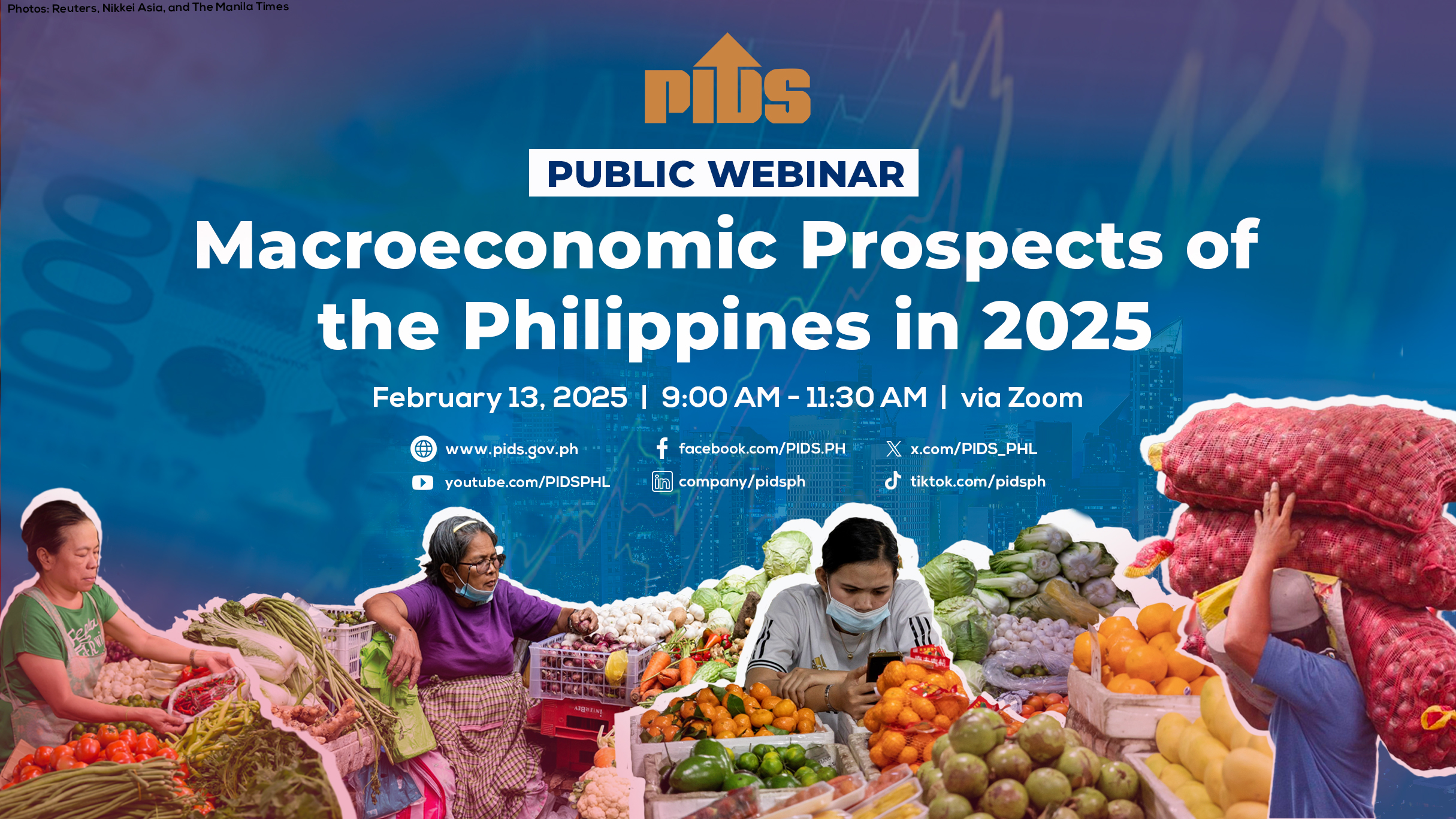Health care remains inaccessible and inequitable for all, especially for the poor in the Philippines. Among the sources of health expenditures, out-of-pocket expenses remain to be Filipinos' major source of financing for medical care. However, it is this reliance on out-of-pocket expenditures that pushes Filipino households into poverty. This paper thus presents the current state of out-of-pocket expenditures in the Philippines by analyzing and estimating the burden of health payments, catastrophic payments, and impoverishments based on the Family and Income Expenditure Surveys from 2000 to 2012. This study reveals that out-of-pocket expenditures for health-care financing continue to increase. This study also reveals the higher share of out-of-pocket payments on households' nonfood expenditures. An increasing trend of catastrophic payments has been observed until recently where there was a 1.01-percent increase from 2000 to 2012. This is also the same for impoverishments: There is a rise in the prevalence of impoverished households due to high out-of-pocket expenditures. Furthermore, the poverty gap also increases after out-of-pocket payments.
Citations
This publication has been cited 3 times
- Baclig, Cristina Eloisa. 2023. NICCA, law to help PH cancer patients, awaits full implementation. Inquirer.
- Jose, Kathryn . 2024. IMF: Gov’t budgeting hinders investing. Tribune.
- Castro, France et.al. 2019. House Bill 224: An act providing for free health services to all Filipinos in all government hospitals, treatment rehabilitation centers and sanitaria, rural health units, and barangay health centers. . House of Representatives.

